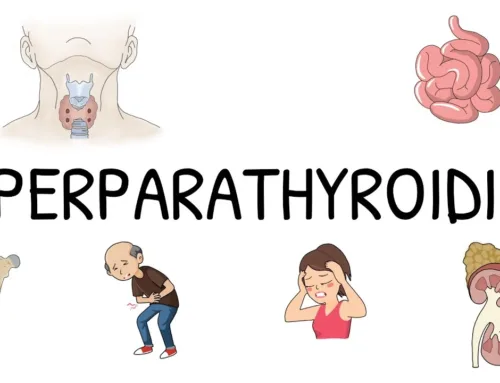High blood pressure is considered one of the most common conditions in the United States. It affects more than half of all adults and can be life-threatening if left untreated. High blood pressure, also called hypertension, means your blood pressure is consistently higher than normal. Your heart works harder when your blood pressure is high, and this can cause damage to your heart muscle over time—and even result in heart failure!

Hypertension is sometimes called the “silent killer.”
Hypertension is a “silent killer” because it does not cause symptoms. The only way to know you’re going through high blood pressure is to be tested.
If you don’t get treatment for high blood pressure, it can lead to heart disease and stroke. Over time, untreated high blood pressure can damage your body and even lead to life-threatening complications such as:
- Heart failure
- Kidney failure
- Blindness
High blood pressure can be caused by the following:

- Obesity
- Alcohol
- Stress
- Smoking
- Family history of high blood pressure. A genetic link can influence your likelihood of developing high blood pressure, but it’s not the only factor that plays into the development of this condition. If you have close family members with high blood pressure, this also increases your risk.
- Medications: Certain medications taken for other conditions can raise blood pressure. This includes beta blockers and calcium channel blockers used to treat heart disease, over-the-counter products like ibuprofen (Advil) and naproxen sodium (Aleve), ACE inhibitors used to treat kidney disease, and diabetes medications such as metformin taken by women with polycystic ovarian syndrome or PCOS.
- Aging: As you age, your body starts to become less efficient at regulating blood pressure levels. This makes it more likely to have high blood pressure.
- Stress: Stressful situations can make your blood pressure rise temporarily. If you have high blood pressure, reduce your stress levels. This can include exercising, getting enough sleep, and eating a healthy diet.
What are the long-term effects of high blood pressure?

In the long term, high blood pressure can cause other health problems like heart disease and stroke. In addition to these conditions, high blood pressure can lead to the following:
- Kidney disease
- Peripheral vascular disease (which occurs when arteries in your arms or legs become narrow or blocked)
- Diabetes
- Erectile dysfunction (a condition that affects a man’s ability to have an erection)
- Dementia (a loss of brain function that causes memory problems, personality changes, and impaired reasoning)
How is blood pressure measured?

Blood pressure is the force of blood pushing against the walls of your arteries as it flows through them. It’s usually measured in millimeters of mercury (mmHg). A healthy BP reading is 120/80 mmHg or lower.
The two numbers represent how much pressure your heart exerts when it beats, or the systolic blood pressure, and how much pressure your heart exerts when it’s at rest between beats (diastolic) — even though we said above that there’s no such thing as “resting” blood pressure. The top number represents how much pressure is exerted on a particular side of your artery (like if you’re holding up a wall with one hand and someone pushes against it with two hands, they will feel more resistance from that side). In contrast, the bottom number represents an average of all sides being pushed upon by other forces like gravity and muscle contractions.
Conclusion
Now that you know what causes high blood pressure, it’s time to take action. Talk to your doctor about whether medication is right for you. If not, they can help you make lifestyle changes that could reduce the effects of this condition on your health.




Leave A Comment